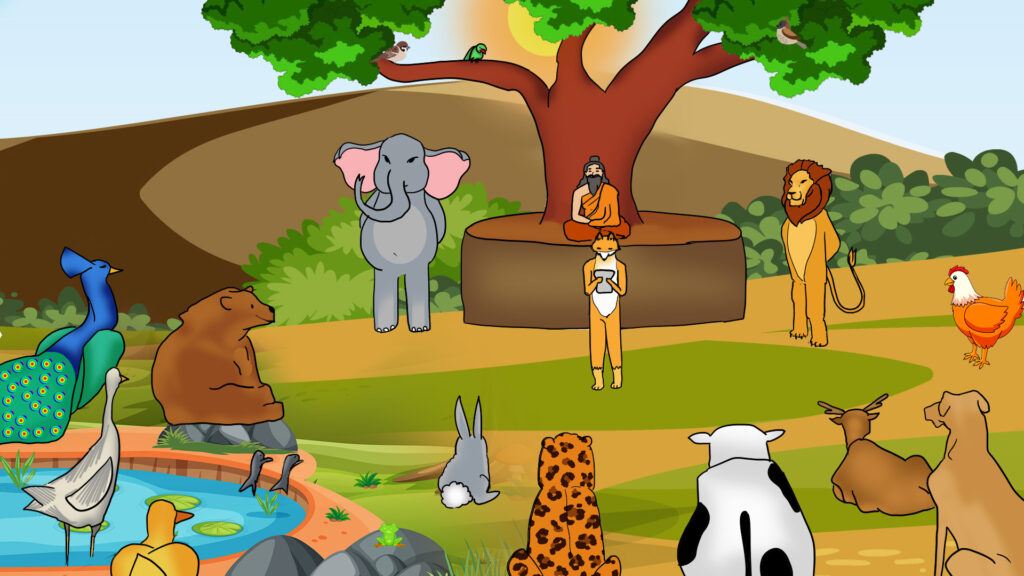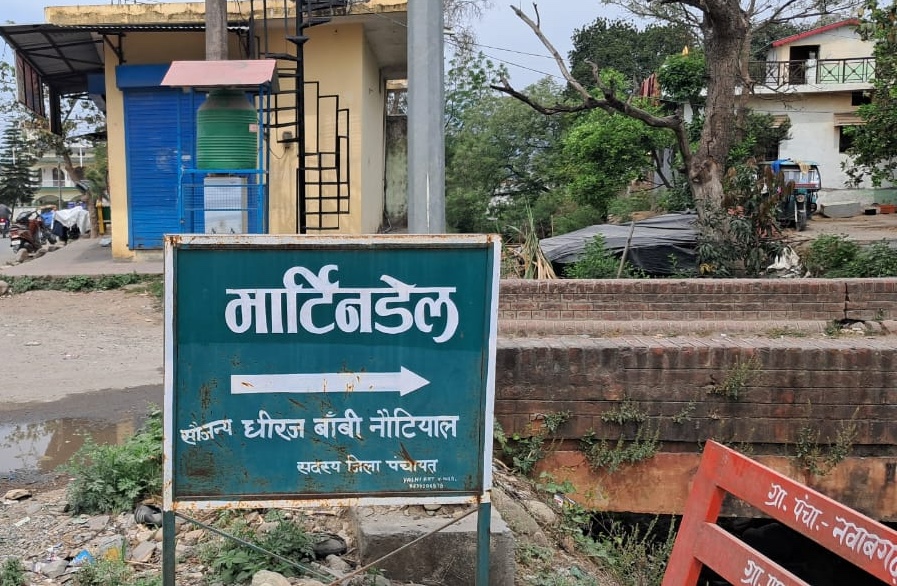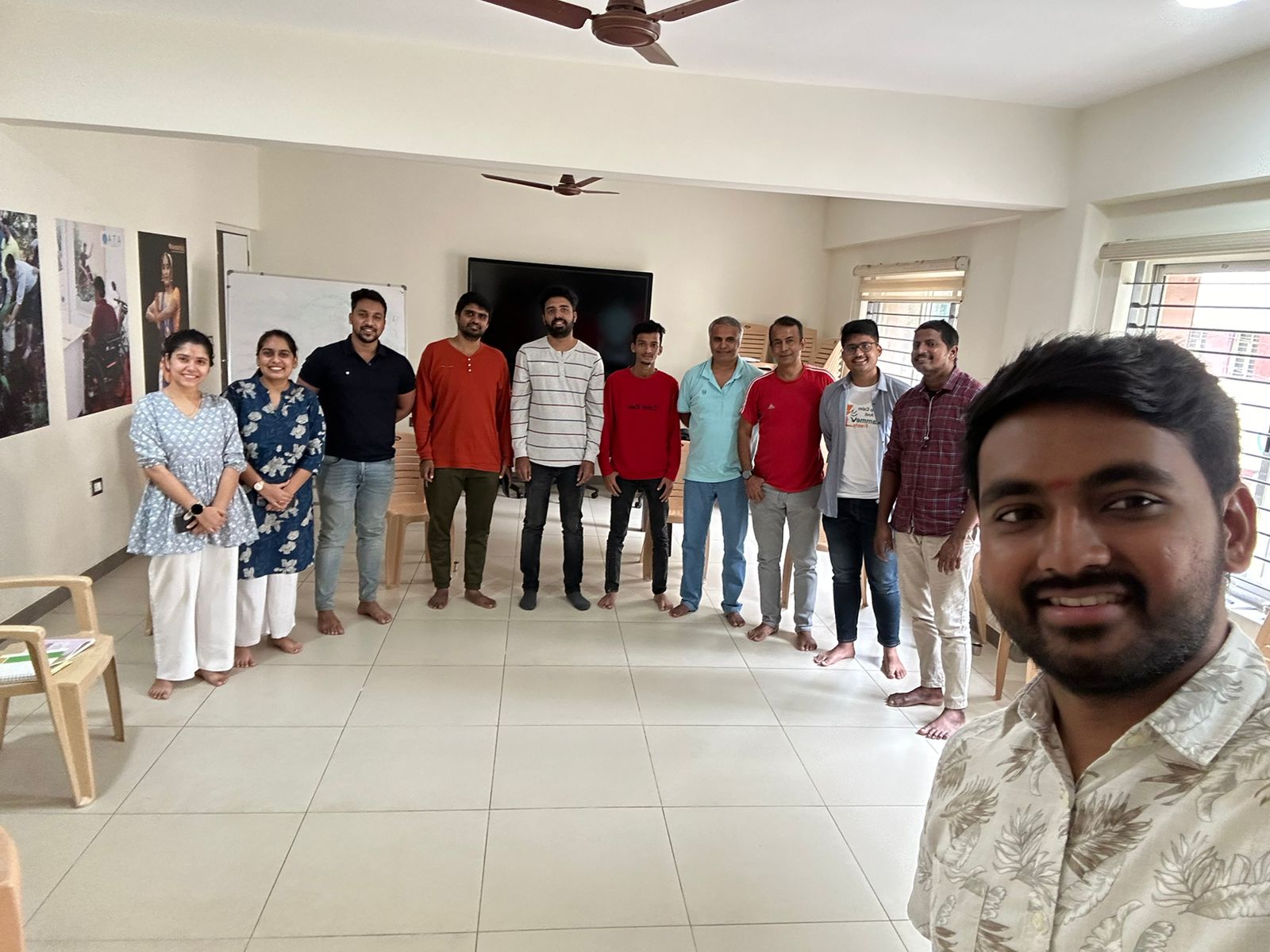Few days back I met Anil. A young pws, just finished B Tech from Dehradun. I had known him since 2014. We began chatting. I had to just ask a few questions, and he talked for a long time. He shared all that was happening in his life since passing out- and before. Ups and downs of campus recruitment; friends moving on; new friendships, family expectations and his own plans of course. He was speaking well- I noticed. And he was talking lots. May be because he had much to share? I wondered.
Does a 15 year old has nothing to say? Does nothing happen in the lives of teenagers? I pondered. Because in 2014 when he was a teenager, when I met him first, he did not talk much. In fact, he did not say anything for hours. Why? Even children with stammering talk a lot (sometime too much) with their friends and people they trust. Have I become a better counsellor than I used to be in 2014?
For quite a few mornings, I kept pursuing this line of thought: what had changed between us? Agreed that he has graduated from a child to a young man and has successfully earned a degree, but this is not the whole story, I felt. What was I doing in 2014? How did I talk?
I watched some of my own old videos (plenty on youtube!). And here are my conclusions, which can be of some help to TOPG learners (“faculty” is a poor word and old fashioned too!).
In 2014, I was talking with Anil like this:
Myself: So, Anil what did you do yesterday? Did you phone your fiends? You know, you should. Because friends are a rare gift. You cant choose relatives. But you can choose friends. And therefore..
Anil: Silence.
Myself: I know stammering can be tough. Because of it, you don’t want to talk at times. But still, we must. Because life can not go on like this. We must talk. While talking, we meet unexpected opportunities. Sometime it is just fun to…
Anil: No words. A faint Smile only.
Myself: I know sometime we just want to be quiet. Silence can be full of meaning. Sometime you just want to go over your thoughts without sharing it with anyone. This too is fine. It is certainly better than saying hurtful things to others…
Anil: Silence. A deep breath.
Myself: I wonder what do you think about stammering? I think it can be an opportunity if you embrace it, dive into it. That is what some people did. It is like bringing an ugly dog home. A little love, food and bath- it gets transformed into a beautiful pet..
Anil was staring out and ready to leave.
But yesterday, our conversation went somewhat different. What was the difference? I tried to reflect and analyse:
Myself: So what’s up?
Anil: I have given my papers to our dean. He is in touch with five companies. … (He gives me a long inside story about campus recruitment, its pitfalls..)
Myself: So, suppose you get recruited and have to join in Banglore, then what happens to your family?
Anil: Oh no, getting recruited by this MNC is not so easy. But I must check it out. Even if I get recruited, I can always refuse and join a local company instead! In any case I want to go for a start up in next 2-3 years. And I don’t really want to give up Dehradun. I may earn a little less but I want to enjoy my life style. Food is a big factor. Which food court could serve home made food? Just guess..
Next, he told me about start ups and his interest in it, for next 25 minutes. We talked for hours and I realised that 95% of the times he was talking and I was listening. And I did not get bored!
Some more introspection on the morning walks: I began to see that sometime around 2008, I had learned how to say five words without stumbling, without fear. It was an achievement for me! So, I loved to talk. And Talk. And Talk… Often, it was driven by a need to prove to myself that I can talk! While this is passable for a recovering pws- it was a stumbling block for a counsellor. In fact, it can be a big hurdle in a counselling process: to be driven by your own unconscious or subconscious needs, urges to say things, talk, use long sentences or difficult words etc. In a peer counselling situation, we need to constantly ask ourself: why am I saying this? Whose need does it fulfil- mine or his?
If there is slightest doubt, may be we should drop that line and limit ourselves to simple questions and a long wait for the other person to respond. Even if it turns out to be a long silence, it is better than our chattering away, driven by our own need to talk (as if Silence would kill us!).
In regular communication, it is fair to strike a 50:50 balance between my needs and your needs. But in peer counselling, your needs have to have pre-eminence.
So, if Anil was talking for hours now, may be it was because I had learned the art of asking small salient questions and then keeping quiet… may be? May be I had seen though my own needs over the years and risen above them?
Let us know what you think and how do you counsel another pws, a younger brother or colleague at work.






2 thoughts on “Counseling Tales: My need versus your need”
Suraj Rajpurohit
(August 21, 2021 - 11:27 am)Totally agree with your view sir. Listening is most important skill in counseling, not only in counseling I think listening is very important in every communication. People really don’t like to talk to person who keep on talking without giving others chance to speak. So I believe giving time to other person to respond and listing them is most important thing in effective communication. There are also other scenarios like person is not habituated to talk much or he talk very less. So if we are having conversation with that person then we need to push him little, Asking more questions but still I believe that will not be a heart to heart conversation. Might the Anil who have met some years ago is not that talkitive at that time and after his graduation he might have build confidence and now he is more talkitive as person habit, behaviour and perception changes over time.
Swarnava mallik
(August 21, 2021 - 12:47 pm)Totally agree sir, being a topg learner or a so called old fashioned faculty it is not our priority to show our Suprioty towards the other councelle.
The fact is not that how much we know or what we are .Here in these type of peer Counciling the word I doesn’t matter here the word you matters the most. So the main difference I feel between the 2014 version and the present version of you is that you have put emphasis on becoming a active listener rather than a active speaker. Sometimes what happens in majority of the cases the persons himself knows the fact what is Wright and what wrong for him but he needs a person in his life to point it on eyes that this will harm you or you should go left rather going right . So here case of anil time had played the most important role, as we know that a man learn from his own experience so he might had learned a lot from his realization and things in his life during his course of his college.